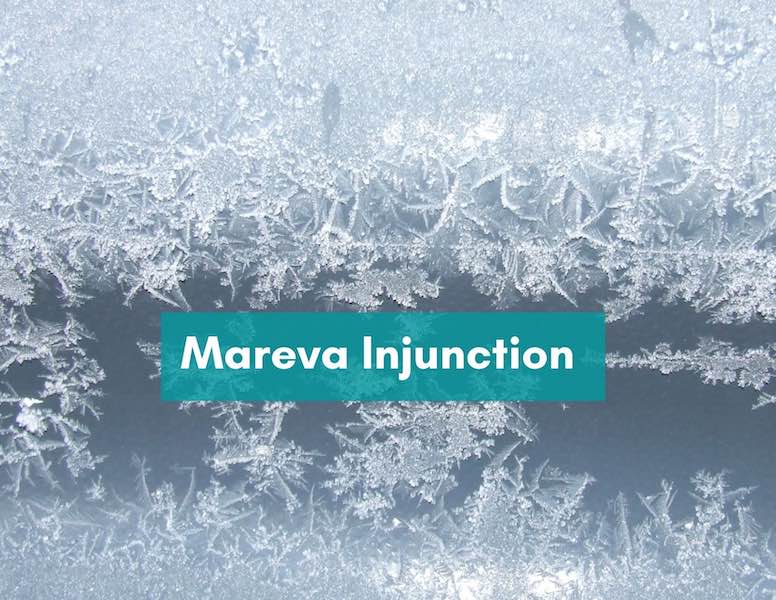Mareva Injunctions: Do “Assets within the Jurisdiction” Include a Judgment Sum?
by Rachel Ng Li Hui and Raqib B. Osman ~ 17 February 2023
An Analysis of IB Builders v Tetuan Teo & Chew & 4 Ors [2022] MLRHU 150
“Are you worried that a party, against whom you wish to file a claim, might try to evade their obligations by transferring their assets to a company outside Malaysia? To avoid that problem, you can obtain a Mareva injunction – which is essentially a court order that would ‘freeze’ the assets of the Defendant [1]. This would ensure that the defendant cannot transfer their assets in this jurisdiction to an offshore account or a foreign company to evade their existing legal obligation to pay the judgment sum.
To obtain such an injunction, you would have to show that there is a good arguable case that the defendant has assets within the jurisdiction, and that there is a risk that the Defendant might dissipate the assets outside the jurisdiction [2].
This article will explore an issue considered in the case of IB Builders Sdn Bhd v Tetuan Teo & Chew & 4 Ors [3]. In particular, can a judgment sum, obtained by a Defendant in a different case, be regarded as “assets within the jurisdiction” in an application for a Mareva injunction in a separate suit?
The facts of IB Builders Sdn Bhd v Tetuan Teo & Chew & 4 Ors [2022] MLRHU 150
The main parties will be referred to as Plaintiff (P), Defendant 1 (D1) and Defendant 3 (D3).
P and D3, in a previous suit, obtained a judgment sum (JS) from SPNB amounting to RM31,630,666.00.
The Plaintiff sued, among others, the stakeholder, D1, for allegedly disbursing RM20,533,353 to D3 in breach of D1’s stakeholder duties and/or in breach of trust. The Plaintiff sought a Mareva injunction – to restrain all Defendants from transferring, dissipating, and/or dealing with assets within the jurisdiction, up to the sum of RM20,533,353.
For this article, we will be focusing on one of the Plaintiff’s arguments. The Plaintiff contended that D3 had “assets within the jurisdiction” which could be frozen by the injunction. This included, according to the Plaintiff, a judgment sum of RM65,000,000 which D3 had obtained in a different suit.
Decision of the High Court
The High Court did not grant the Mareva injunction, for various reasons unrelated to the focus of our article. With particular regard to the Plaintiff’s argument above, the High Court observed:
- There was no proof that the judgment was finally entered by the Court.
- Even if the judgment was entered by the Court, there was no evidence to prove that the judgment sum was paid or deposited to D3.
- A mere judgment was not enough to conclude that D3 had such a sum.
Essentially, this High Court decision now means that one cannot obtain a Mareva injunction with respect to a judgment sum – even if it is finalised and entered into by the Court – until and unless the sum awarded is actually paid to the defendant.
Therefore, for example, if a Plaintiff seeks to obtain a Mareva injunction, they cannot contend that the Defendant has “assets within the jurisdiction” simply by showing that the Defendant had a judgment sum awarded to them in a different suit.
Conclusion
To conclude, even if the Defendant successfully obtains judgment in their favour in another suit, it is only a judgment debt. Until and unless the Defendant has actually received money from the judgment of another suit, the ‘assets within the jurisdiction’ for the purposes of a Mareva injunction would not include a judgment sum.

